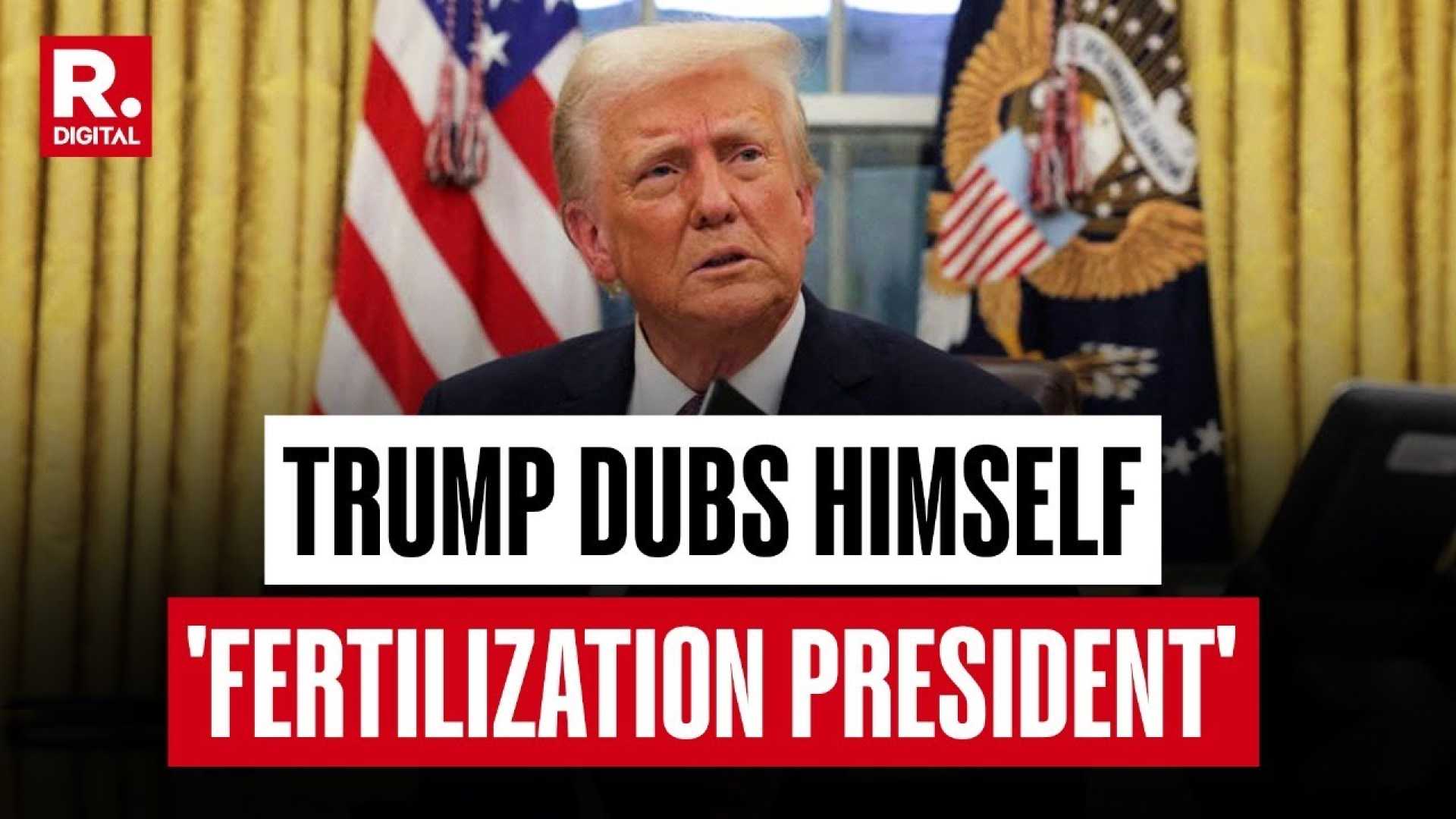Politics
Trump Claims ‘Fertilization President’ Nickname Amid IVF Access Promise

WASHINGTON, D.C.—During a Women’s History Month celebration on Wednesday, former President Donald Trump dubbed himself the “fertilization president,” as he discussed recent efforts to expand access to in vitro fertilization (IVF) treatments. His remarks came on the heels of an executive order aimed at reducing IVF costs but have drawn skepticism regarding their true impact.
Trump, who recently signed an executive order directing the domestic policy council to make recommendations for lowering IVF expenses, took the stage at the event surrounded by supporters, many of whom were women he deemed favorable. He stated, “We’re going to have tremendous goodies in the bag for women, too, the women between the fertilization and all of the other things that we’re talking about. It’s going to be, it’s going to be great,” eliciting laughter from the crowd.
The executive order, signed earlier this year, has been characterized as largely a public relations move. Critics have pointed out that it does not define specific actions to ensure that employers cover IVF in the same manner they are mandated to provide contraception. According to a report by The Guardian, “the lack of direct action on IVF in Trump’s order is striking, especially in the context of Trump’s other executive orders, which have issued sweeping mandates.”
Trump’s comments about IVF were not without political context. Historically, issues surrounding reproductive rights have been contentious, particularly among anti-abortion activists who often view embryos from IVF as children. Trump has previously framed his policies to appeal to female voters, claiming to be a leader on IVF during a debate last October, while acknowledging his limited knowledge of the procedure.
As the political landscape evolves, discussions around IVF access remain critical. Notably, some conservative proposals, such as those observed in Hungary, have focused on family benefits that preferentially support certain demographics—such as married, heterosexual couples—while excluding others. This raises questions about the inclusivity of any potential measures Trump may implement to broaden access to fertility treatments.
Despite his self-proclaimed nickname, skepticism remains about whether Trump’s advocacy will translate into meaningful policy changes. Many concerned citizens, including those who have invested significant resources into fertility treatments, are left wondering if these declarations will yield tangible benefits.
“It’s concerning that any attempts to improve IVF access come from a figure whose broader agenda may often oppose reproductive rights,” shared a local family advocacy group leader. “Women deserve genuine support, not political posturing.”
As discussions around reproductive rights continue, it’s vital for advocates to remain vigilant, ensuring that any advancements in fertility access are equitable and genuinely beneficial for all women. Trump’s rallying calls may result in further examination of what it means to support family growth in a society still grappling with fundamental rights and choices.












